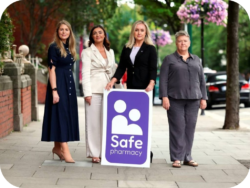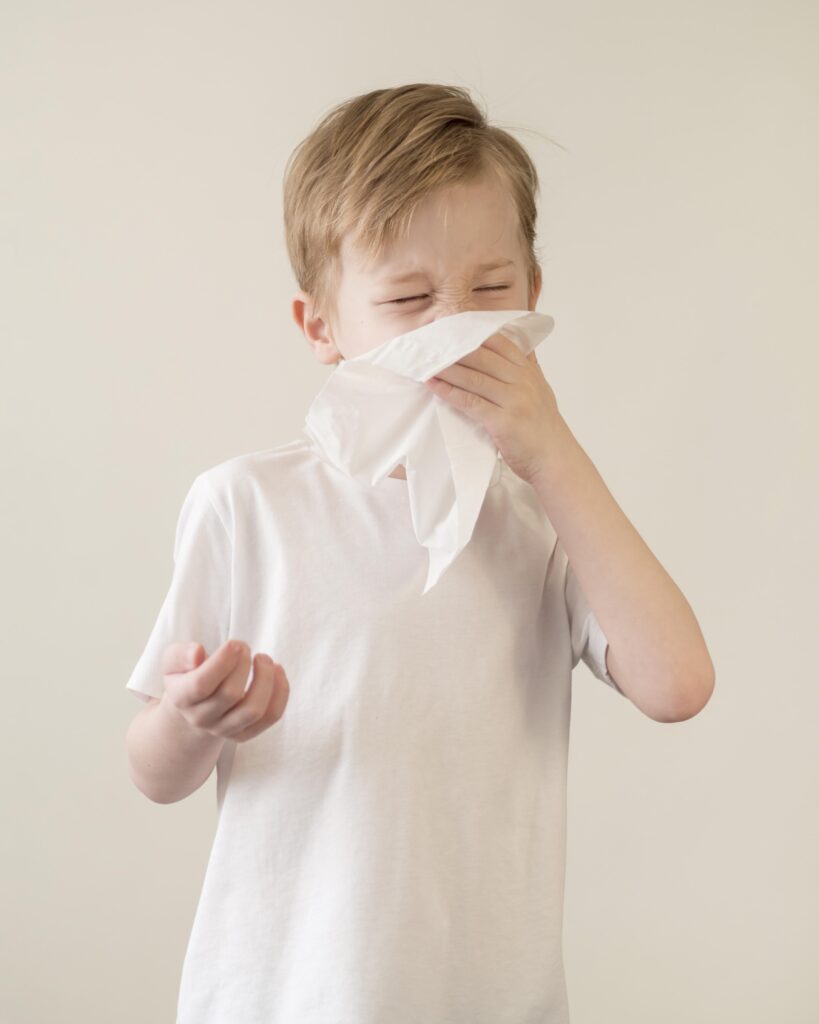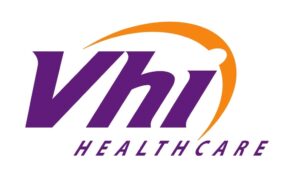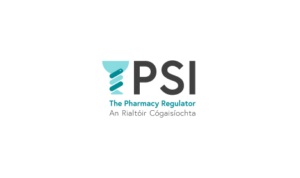Pharmacists Issue Advice Amidst Surge in RSV Cases IPU Friday 15 December: Pharmacists are urging parents to familiarise themselves with the symptoms of Respiratory syncytial virus (RSV) and advising them to visit their local pharmacy for advice and support on recognising and managing common symptoms. The advice from the Irish Pharmacy Union (IPU) comes amidst a surge in cases which has been particularly impacting upon children aged four and under. Dr Susan O’ Dwyer, IPU Head of Professional Services speaking on behalf of the IPU explained that RSV, “is a common respiratory virus that usually causes mild, cold-like symptoms. For most people RSV is a mild infection, and they recover in about two weeks.”
Sometimes RSV can be more serious, especially for:
- premature infants;
- babies under 1 year of age (especially those 6 months of age or under);
- children aged 1 to 4 years;
- children and adults with an underlying lung or heart condition;
- children with neuromuscular disorders;
- people with a weakened immune system; and
- adults aged 65 years and older.
“You can usually treat RSV symptoms such as coughs, a runny nose, sore throat, and fever at home. Pharmacists can give advice on treating such symptoms and the use of over-the-counter medicines which may help. Some children, however, may become quite unwell and may require treatment in hospital. In such cases their symptoms get worse and may include increased breathing, wheezing, difficulty feeding/decreased appetite and less wet nappies. Always trust your instincts and take your child to your GP if you are worried about them or if their symptoms worsen. Your pharmacist can also advise on when to seek further treatment if you are unsure.”
“There are some things that parents and caregivers can do to try to limit the spread of the infection and to keep their babies and young children safe such as cocooning very young babies and avoiding having them in large crowds or visiting/being visited by people with respiratory symptoms. When we ourselves, or our children, are sick we should keep away from other children where possible. Encouraging proper and regular handwashing, always carrying tissues, covering your/their mouth and nose with a tissue (or bent elbow where tissues not available) and putting used tissues in the bin are also important.”
Dr O’ Dwyer concluded, “While most children will need some extra TLC thankfully most will recover within 10 to 14 days.”
ENDS








